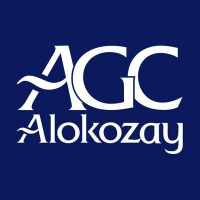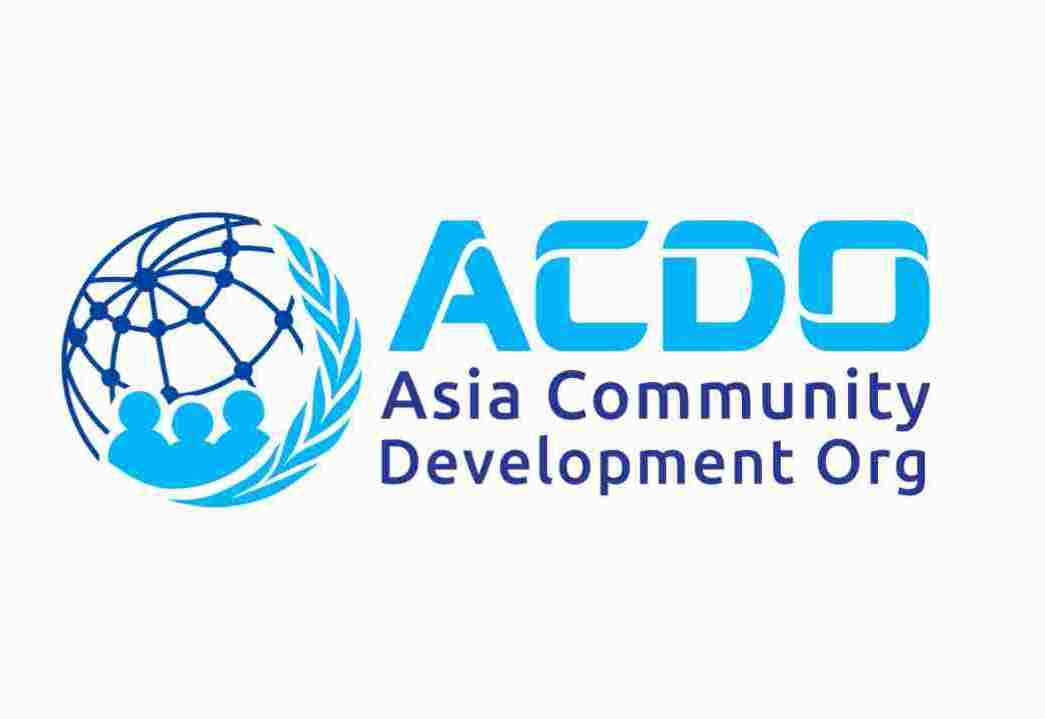Position Summary
The Regional Coordinator is responsible for overseeing and supporting the work of ACBAR’s regional offices. This role ensures effective coordination between national and sub-national levels, facilitates NGO engagement with local stakeholders, and strengthens ACBAR’s impact across Afghanistan. The Regional Coordinator will work closely with regional managers, support interagency coordination forums, ensure information flows between Kabul and the regions, and represent ACBAR in key field-level meetings.
This role requires a strong understanding of Afghanistan’s operational context, strategic leadership, and the ability to engage diplomatically with stakeholders, including de facto authorities, UN agencies, donors, and local NGOs.
Key Responsibilities
Coordination and Communication
- Serve as the central liaison between ACBAR’s Kabul Secretariat and regional offices.
- Support and supervise regional managers to ensure quality coordination activities.
- Facilitate regular meetings and exchanges between regional teams and the national coordination structure.
- Strengthen communication between ACBAR members and relevant stakeholders at the provincial level.
Reporting and Documentation
- Oversee weekly and monthly reporting on regional activities, trends, and challenges.
- Compile regional updates and analysis for submission to the Deputy Director.
- Ensure high-quality documentation of coordination meetings, field visits, and assessments.
- Contribute to institutional reporting, including donor updates and advocacy briefs.
Strategic Oversight and Work Planning
- Lead the development and implementation of annual workplans for regional coordination.
- Identify strategic opportunities and risks in each region and advise senior management accordingly.
- Ensure regional coordination is aligned with ACBAR’s three strategic pillars and broader humanitarian response objectives.
Representation and External Engagement
- Represent ACBAR at provincial coordination forums, including PCMs, NCMs, RABs, and others as needed.
- Foster productive relationships with UN agencies, donors, local authorities, and community leaders.
- Ensure ACBAR members are appropriately represented in decision-making forums at the regional level.
Capacity Building and Support to Members
- Assess training needs and support the professional development of regional staff.
- Provide guidance and technical support to regional managers in coordination practices.
- Facilitate the inclusion and leadership of national NGOs in local coordination mechanisms.
Risk Management and Operational Oversight
- Monitor regional dynamics and identify access constraints, political sensitivities, and operational risks.
- Coordinate mitigation strategies with regional teams to maintain safe and principled engagement.
- Support compliance with ACBAR’s security protocols and context monitoring systems.
Monitoring, Evaluation, and Learning
- Develop M&E frameworks for assessing the impact and performance of regional coordination.
- Use data to inform strategic decisions and improve service delivery to members.
- Document lessons learned and contribute to knowledge sharing across the organization.




